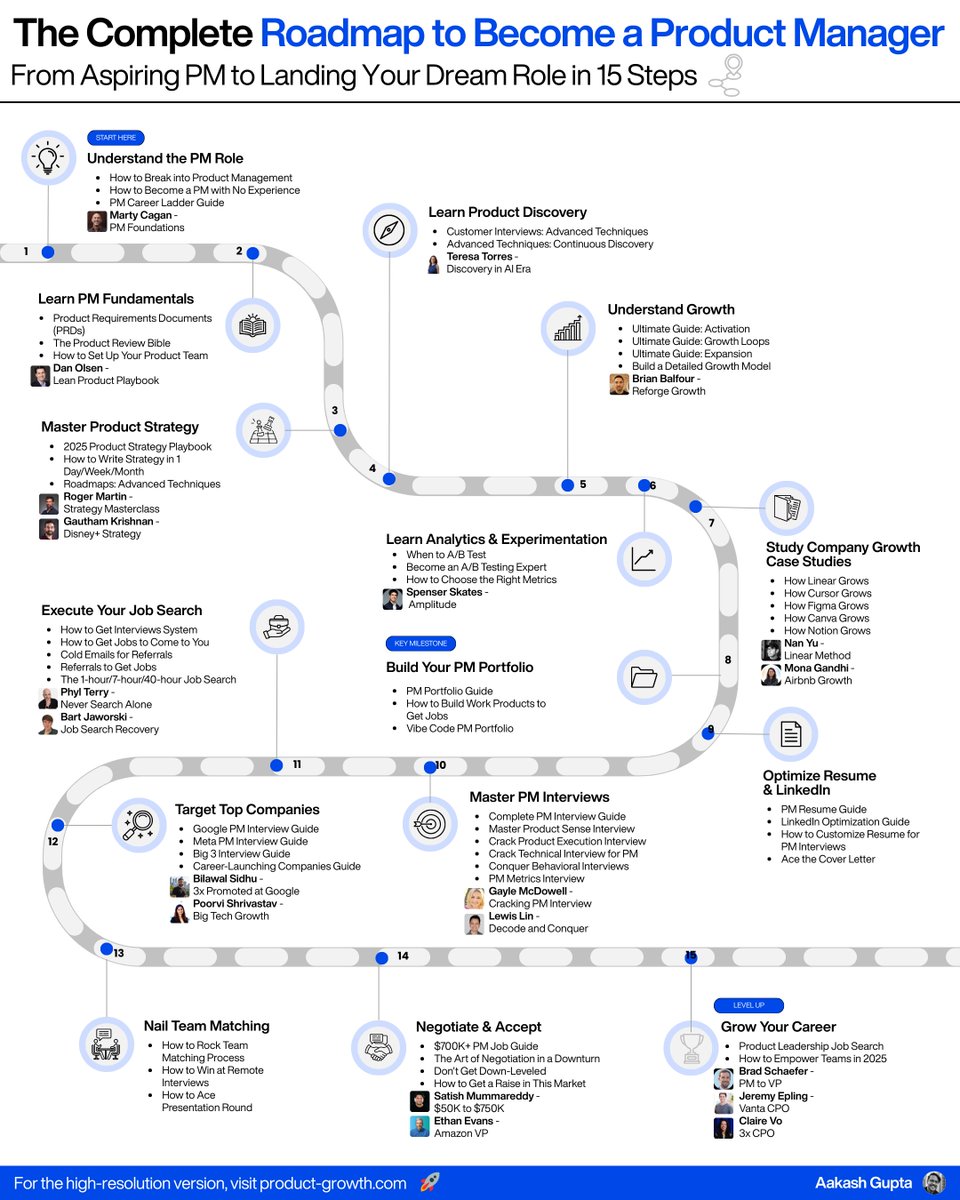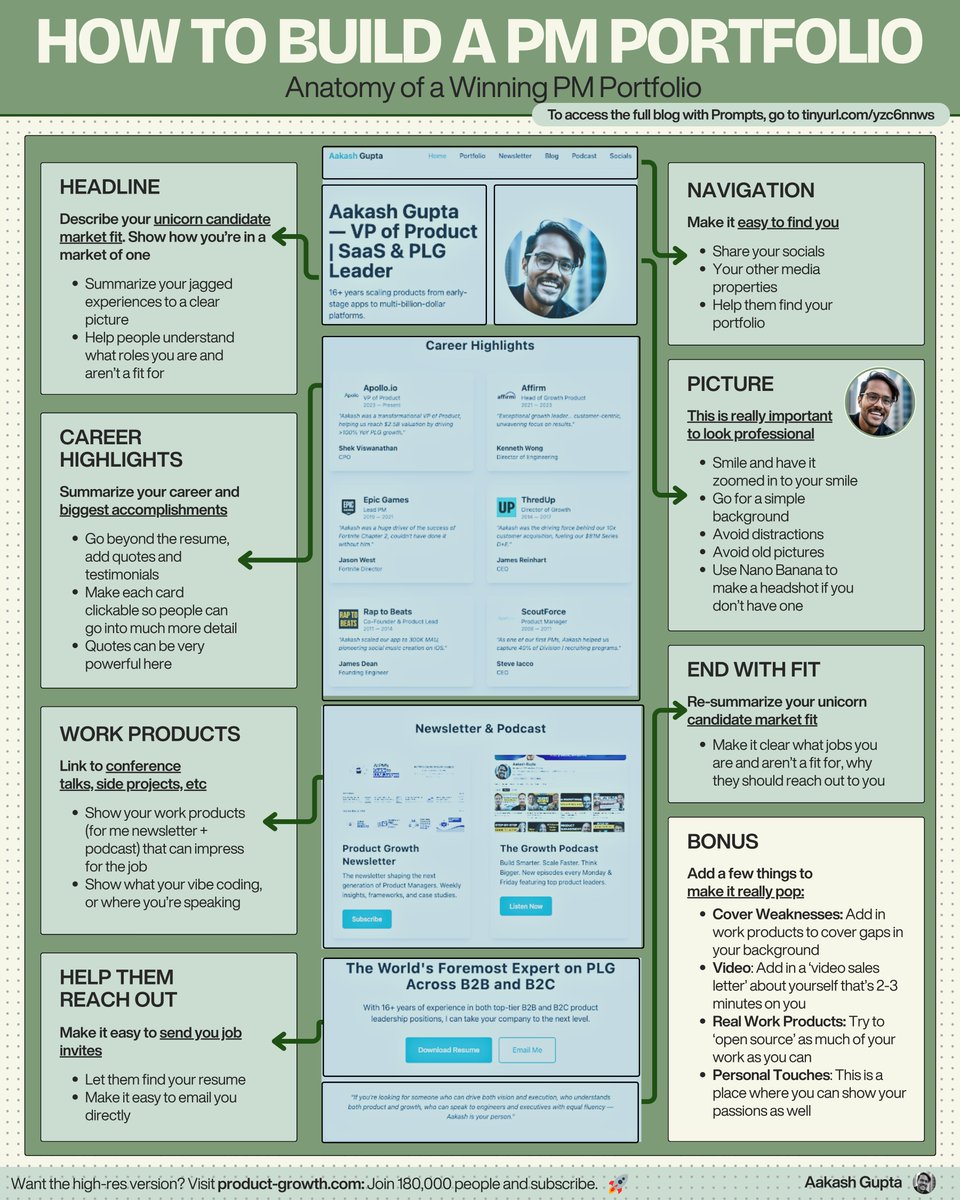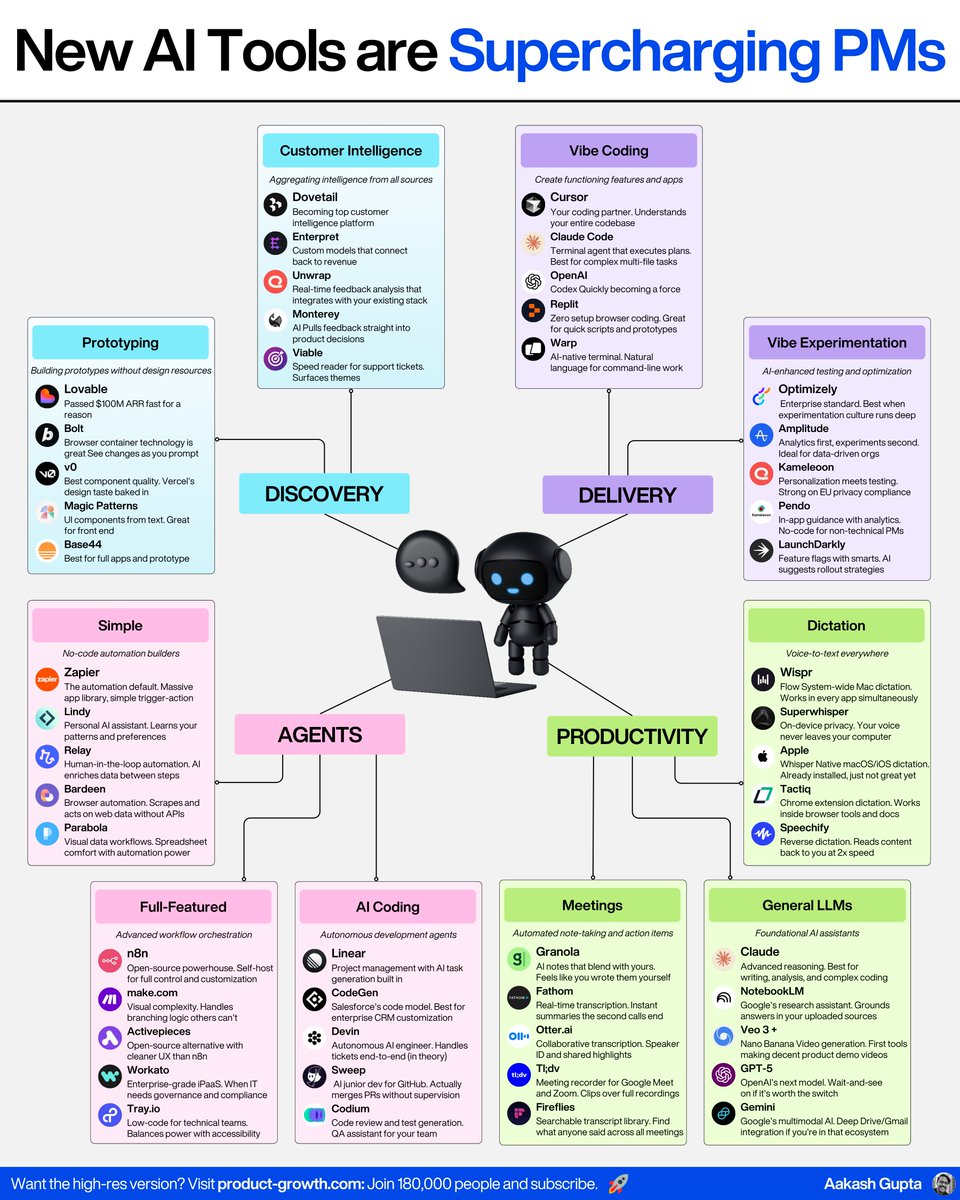Is this Google's most genius strategy yet?
Big Tech 101 has always been to steal the best product ideas built atop your platforms.
But kneecapping Calendly under the guise of security takes it to a whole new level 🧵 👇
Big Tech 101 has always been to steal the best product ideas built atop your platforms.
But kneecapping Calendly under the guise of security takes it to a whole new level 🧵 👇

What was the secret sauce of Calendly?
It was the easiest meeting booking experience out there.
Meetings, once booked, were automatically added to your calendar.
It was magic.
It was the easiest meeting booking experience out there.
Meetings, once booked, were automatically added to your calendar.
It was magic.
This new feature from Google completely ends that magic.
By not automatically adding the meetings to your calendar, Google is causing missed meetings!
It's especially brutal if you don't have time to open the email.
I myself have missed meetings from for this reason 🤦
By not automatically adding the meetings to your calendar, Google is causing missed meetings!
It's especially brutal if you don't have time to open the email.
I myself have missed meetings from for this reason 🤦
Why is Google doing this?
To support Google's newly released paid competitor to Calendly - Appointment Scheduling.
At $9.99, it's the same price as Calendly.
So Google has gone from competing on price (free) to going for money.
As a result, it can't afford to have a soft GTM.
To support Google's newly released paid competitor to Calendly - Appointment Scheduling.
At $9.99, it's the same price as Calendly.
So Google has gone from competing on price (free) to going for money.
As a result, it can't afford to have a soft GTM.
The genius of what Google has done is they have put this block to users under the guise of security.
Google showed this screen to you a few weeks back.
Remember it?
If anything, most of us thought it was about competing vs Apple on privacy.
No one tied it back to Calendly.
Google showed this screen to you a few weeks back.
Remember it?
If anything, most of us thought it was about competing vs Apple on privacy.
No one tied it back to Calendly.

The traditional example of Big Tech 101 is something like the flashlight app on iOS.
Apple added flashlight to its OS, but it didn't actively block the flashlight apps.
There was a flashlight app that 1/3rd of Japan had downloaded.
It got totally wiped out.
Apple added flashlight to its OS, but it didn't actively block the flashlight apps.
There was a flashlight app that 1/3rd of Japan had downloaded.
It got totally wiped out.

But Google is taking 'wipe out' to another level with this active blocking of Calendly.
It's gone ahead and wiped out the scheduling experience for prominent companies like:
· Calendly
· ChiliPiper
· GoodTime
And a host of other VC-backed startups:
It's gone ahead and wiped out the scheduling experience for prominent companies like:
· Calendly
· ChiliPiper
· GoodTime
And a host of other VC-backed startups:
This may actually be a regulatory risk for Google (as @michaelglena highlighted).
It's a particularly egregious form of using their free Google Calendar product to crowd out other scheduling tools.
The FTC or Justice Department could get involved.
From the FTC website:
It's a particularly egregious form of using their free Google Calendar product to crowd out other scheduling tools.
The FTC or Justice Department could get involved.
From the FTC website:
And if there's anything that's characterized post-layoffs Sundar, it's bold bets.
So he could've gone bold here.
But - honestly, I expect him to have taken every effort to minimize legal risk in the details of this launch.
He was a PM after all.
So he could've gone bold here.
But - honestly, I expect him to have taken every effort to minimize legal risk in the details of this launch.
He was a PM after all.
Some of the things I have noticed in his details to minimize legal risk:
1. Not selectively targeting Calendly
2. Keeping Google Calendar free
3. Making it “1 click” friction
All of these things should help.
They certainly helped Google in many other suits under Sundar.
1. Not selectively targeting Calendly
2. Keeping Google Calendar free
3. Making it “1 click” friction
All of these things should help.
They certainly helped Google in many other suits under Sundar.
So - the likely scenario from 1 year from now is the the appointment market will begin to look like browser market.
With Google Chrome replaced by Google Appointment Scheduling.
(Don't forget - Sundar was the original PM on Google Chrome.)

With Google Chrome replaced by Google Appointment Scheduling.
(Don't forget - Sundar was the original PM on Google Chrome.)


• • •
Missing some Tweet in this thread? You can try to
force a refresh









